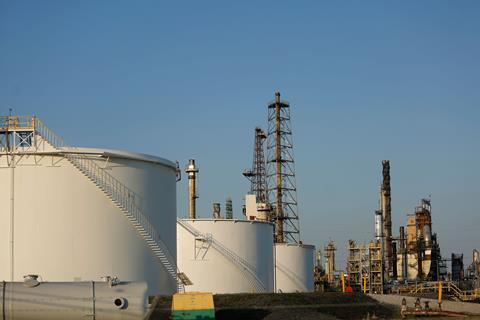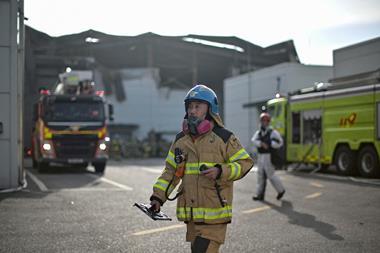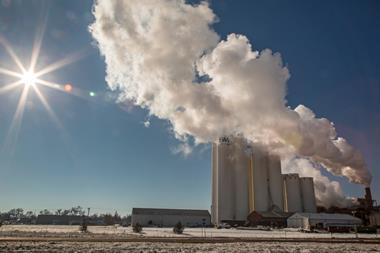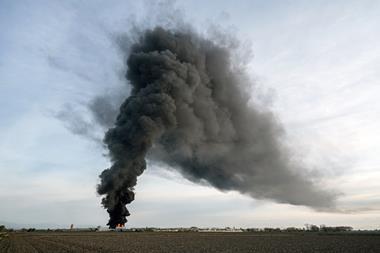
The fatal naphtha release and fire that killed two employees at the BP-Husky refinery near Toledo, US, in September 2022 was the result of ‘a series of cascading events’ over the preceding day, the US Chemical Safety and Hazard investigation Board (CSB) has concluded in its final report. These included an ‘alarm flood’, where more than 3700 alarms went off in the 12-hour period before the incident, which overwhelmed and distracted BP’s operators and caused delays in responding to critical alarms, the CSB found. The agency also determined that the refinery failed to implement a shutdown in time to prevent the catastrophic release.
Liquid naphtha was released from a pressurised vessel, creating a vapour cloud that ignited and led to a flash fire. The CSB noted that there was a previous incident at the BP Toledo refinery in 2019 where naphtha began to fill the vessel after a refinery-wide process failure, and that BP had missed the opportunity to act on its investigation to improve safety and prevent another incident.
Based on its findings, the CSB has made numerous recommendations, including that that the subsidiary of Cenovus Energy that now operates the refinery (since acquiring it in February 2023) should revise safeguards in process hazard analyses for certain scenarios, and develop policy that clearly gives employees the authority to stop work that is perceived to be unsafe.
‘Nearly everything that could go wrong did go wrong during this incident,’ stated CSB’s chairman Steve Owens. ‘The tragic loss of life resulting from this fire underscores the importance of putting in place the tools that employees need to perform tasks safely, such as stop work authority, and having adequate policies, procedures, and safeguards in place to effectively manage highly stressful abnormal situations, including alarm floods,’ he added.

















No comments yet